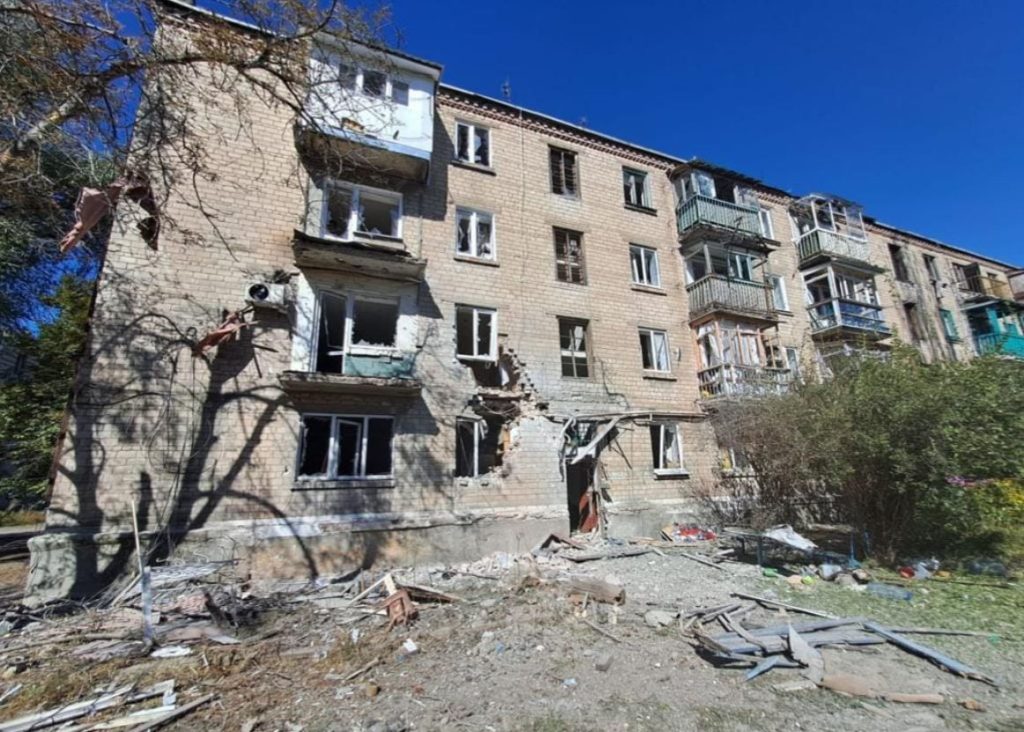Russian forces are continuing to escalate their offensive operations along the front line in Ukraine, despite facing material and personnel losses. The Institute for the Study of War’s report on April 7 highlighted Russia’s intensified assaults near the Russian-occupied cities of Bakhmut and Avdiivka in Donetsk Oblast. Chasiv Yar, located west of Bakhmut, remains a main target for Russia. Ukraine’s Commander-in-Chief Oleksandr Syrskyi reported “fierce battles” taking place east of the city, but confirmed that it is still under Ukraine’s control. President Volodymyr Zelensky anticipates a new Russian offensive campaign by the end of May or the beginning of June, with Russia aiming to mobilize an additional 300,000 troops by June 1. The report also emphasized Ukraine’s need to prioritize certain aspects of its defense in preparation for a future counteroffensive and the stalled U.S. aid.
Due to delays in U.S. aid to Ukraine, which has been held up since fall 2023 over disagreements related to border security, Ukraine is facing challenges in its defense against Russian forces. Various versions of a foreign aid bill have been derailed, with some Republicans in the House opposing the aid package on principle, advocating against aid for Kyiv. President Zelensky warned that Ukraine would lose the war against Russia if the U.S. Congress fails to approve military aid, emphasizing that the consequences would extend beyond Ukraine to other states. Despite widespread support from U.S. voters for sending arms to Ukraine in response to Russia’s invasion, there are far-right Republicans who are adamant about ending further aid to Ukraine, a move that could have significant implications for the ongoing conflict.
As Russia continues to intensify its offensive operations in Ukraine, the situation on the front line remains precarious. The ISW’s report noted that Russia has been successful in mitigating likely increased manpower and materiel losses while stepping up its offensive efforts, particularly near Chasiv Yar. With Ukraine facing challenges in receiving vital aid from the U.S., the country must make difficult decisions in prioritizing its defense strategies to prepare for a potential future counteroffensive. The looming threat of a new Russian offensive campaign by May or June underscores the urgent need for Ukraine to bolster its defenses and seek support from its allies.
President Zelensky’s warning about the consequences of losing the war against Russia highlights the gravity of the situation facing Ukraine. The possibility of other states being attacked if Ukraine falls to Russian forces underscores the broader implications of the conflict. Despite widespread support for aiding Ukraine in the face of Russian aggression, political disagreements in the U.S. Congress have stalled critical military aid to Kyiv, putting Ukraine at a disadvantage in its defense efforts. The urgency of the situation is underscored by the ISW’s report, which emphasizes the need for Ukraine to make tough decisions and prioritize its defense strategies amidst escalating Russian attacks.
The ongoing conflict in Ukraine and the challenges faced by the country in securing essential aid underscore the need for continued support from the international community. As Russia intensifies its offensive operations and Ukraine braces for potential future escalations, the importance of standing in solidarity with Ukraine in its fight against Russian aggression cannot be overstated. President Zelensky’s plea for U.S. aid and the warning of the consequences of losing the war serve as stark reminders of the stakes involved in the conflict. It is imperative for the international community to rally behind Ukraine and support its efforts to defend its sovereignty and territorial integrity against Russian incursions. The future of Ukraine and the broader implications for regional security hinge on the collective response to the ongoing crisis in the country.















